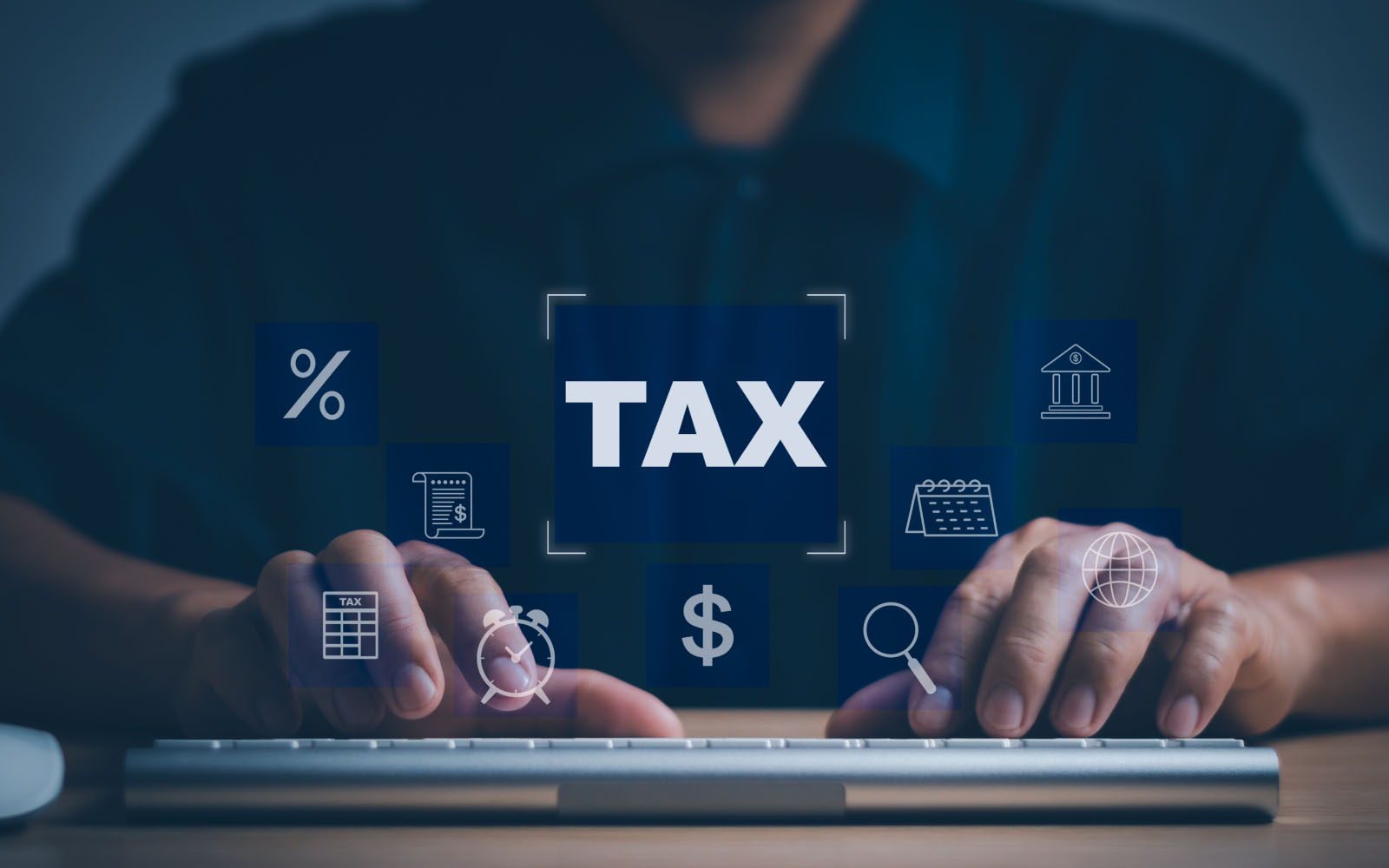The Central Board of Direct Taxes (CBDT) has begun issuing notices to thousands of individuals and entities over undeclared income from cryptocurrency and virtual digital asset (VDA) transactions. The crackdown is part of the government’s aggressive push to uncover unaccounted income, tax evasion, and potential money laundering routed through digital assets.
Sources in the government confirmed that the apex tax body is verifying whether taxpayers have accurately disclosed their crypto holdings and trading gains in Schedule VDA of their income tax returns (ITRs), as mandated under the Income Tax Act, 1961.
Crypto Transactions Under the Scanner: Non-Disclosure Triggers Tax Notices
With the rise in cryptocurrency adoption, the Finance Ministry’s data analytics units have flagged significant discrepancies between income tax returns filed by individuals and TDS (Tax Deducted at Source) filings submitted by crypto exchanges, formally known as Virtual Asset Service Providers (VASPs).
FCRF x CERT-In Roll Out National Cyber Crisis Management Course to Prepare India’s Digital Defenders
Several individuals, especially high-risk profiles, are found to have either under-reported or completely omitted VDA income in their returns. These discrepancies have triggered notices, instructing recipients to revisit and update their filings where needed. “Entities and individuals engaged in VDA transactions and found non-compliant with the Income Tax Act have been marked for verification,” confirmed CBDT officials.
30% Tax, No Deductions: What the Law Says
The government’s crypto tax regime is governed by Section 115BBH, introduced in the Finance Act of 2022, which levies a flat 30% tax on any income arising from VDA transfers, along with applicable surcharge and cess. Crucially, no deductions (other than cost of acquisition) are allowed, and losses from VDA trading cannot be set off or carried forward.
Many taxpayers are found to have wrongly applied cost indexation, claimed losses against other heads, or entirely skipped Schedule VDA, in violation of the law. This has triggered automated alerts in the tax intelligence system and resulted in targeted communication from the CBDT.
Algoritha: The Most Trusted Name in BFSI Investigations and DFIR Services
‘NUDGE’ Strategy in Action: Data-Driven Compliance Push
The crackdown is part of the CBDT’s evolving “NUDGE” approach (Non-intrusive Usage of Data to Guide and Enable)—a data-driven, soft-touch strategy to nudge taxpayers into voluntary compliance. This marks the third NUDGE campaign in six months, with earlier drives focused on undeclared foreign assets and false deduction claims under Section 80GGC (political donations).
Sources say the goal is not just punitive but also behavioral change, encouraging more transparent reporting in an era of digitized financial transactions.
“This is about aligning with the ‘Trust the Taxpayer’ philosophy while ensuring accountability,” said a senior Finance Ministry official.
The government’s use of TDS filings by VASPs, bank transaction data, and blockchain intelligence has created a robust monitoring framework, especially as India witnesses a surge in domestic crypto trading and investment.



